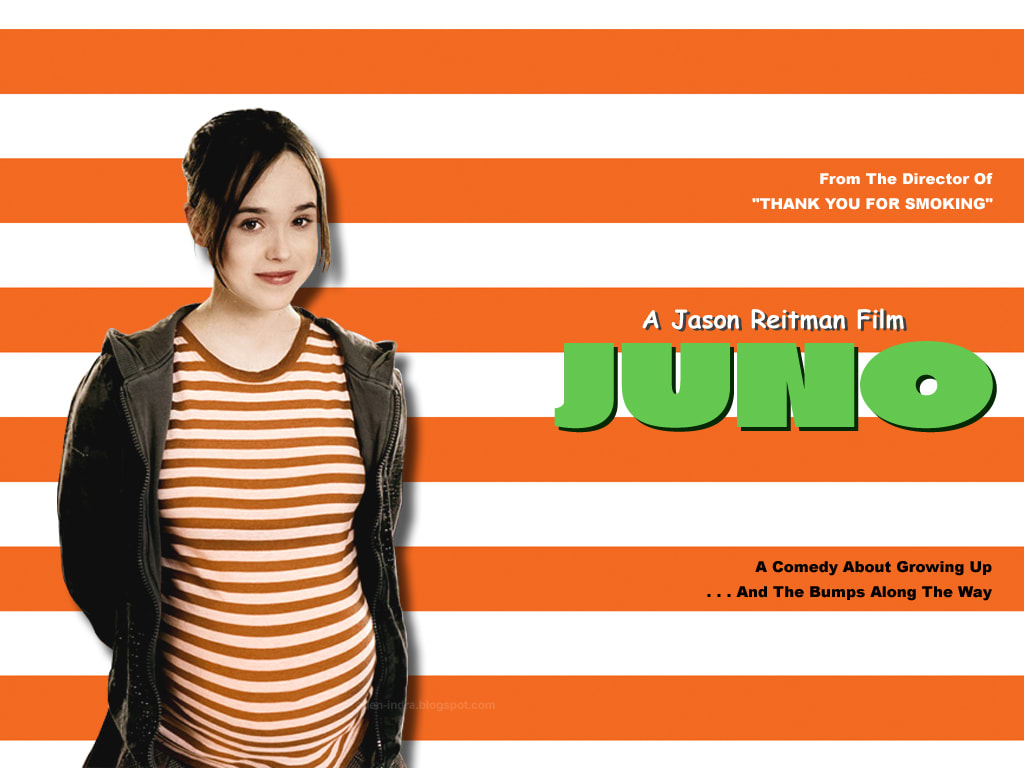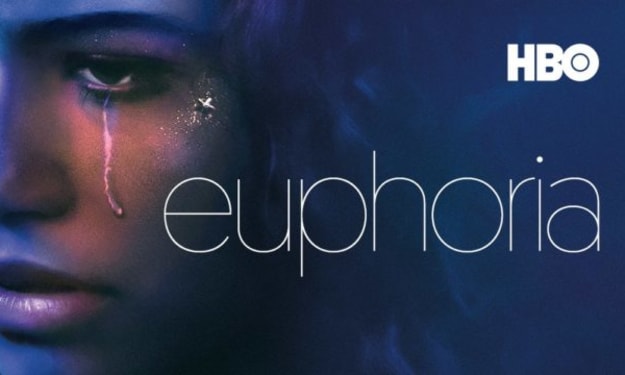The Film Language of 'Juno'
'Tully' Brings Back Memories of 'Juno'

For some, the language of Juno is like nails on a chalkboard. Eliot Page's rapid-fire, pop dialogue from the mind of writer Diablo Cody is like a piece of music. For some, it's a symphony, for others, its a cacophony. I'm on the symphony side. I love the small beats, the large reaches, and the way the dialogue is urgently important to the character of Juno.
So much has been said about the dialogue of Juno. Love it or hate it, it certainly is a definitive quality of the movie. What gets lost, however, in the obsession with Diablo Cody's funny, smarty pants, riffing dialogue, is the ways in which Jason Reitman brilliantly underlines the dialogue with consistently ingenious visual touches.
The film language of Juno is understated and unique and while Reitman has become known as a director with a unique sense of story, rhythm, and pacing, along with terrific characters, people forget what a stylish director Reitman is. His choice of images isn't showy but it stands out when you really look for it and it's nearly as great as his wonderful characters.
The best example of this comes in the final scenes of Juno. After having given birth to her baby and given the baby to Jennifer Garner's beautifully awkward new mom, Vanessa, Juno peddles her way to Paulie Bleeker's house. Paulie is waiting outside with his guitar and as soon as she arrives, they begin a lovely hipster duet.
Reitman's camera begins close up on a two shot as Juno sits on the stoop across from Paulie. As they begin to play, the camera slowly backs away while expanding the scene to bring in the lovely green yard in front of Paulie's house, the perfect suburban tableau unfolds as the lovingly appointed home becomes the frame of Paulie and Juno's love song.
The visual notion here is romantic, whimsical, and dreamy all at once, encompassing the journey of Juno and Paulie, ending on a hopeful note of a happily ever after. Juno and Paulie being teenagers belies the notion of a true happily ever after, but the film earns this romantic grace note via the story that has been told and the ways we've fallen in love with these characters.
There is even more weight here though when you bring into account Garner's Vanessa and Jason Bateman's neo-Paulie, Mark. Earlier in the movie, we are given a brief tour of Vanessa and Mark's upper middle class neighborhood, which is defined by its bland sameness. It's drab in the way it is portrayed as a series of cookie cutter mc-mansions.
Play that image against the homey, colorful warmth of Juno and Paulie's image of suburban dreamscape and it further underlines a rather subtle story point of Juno, the ways in which Juno and Paulie reflect against Vanessa and Mark. In modest but important ways, Juno and Paulie reflect what is missing from Vanessa and Mark, and vice versa.
Mark reflects Juno's immaturity, the inability to deal with life as it is versus the way they want it to be. Paulie is only slightly more mature than Juno but also prone to the easy-wounded pride that plagues Vanessa. That Vanessa and Mark fail to stay together while Juno and Paulie get a happily ever after demonstrates how Juno learned something from Mark's mistakes. Both Paulie and Vanessa get what they truly wanted in the end because they are the most prepared to receive it.
And, as I was saying, this is all underlined beautifully in that final sequence. The song, the yard, the lovely home, the happily ever after, even the visual gag of those track kids running past, are all visual markers of the story that is being told in Juno. The runners have been there throughout and are reminiscent of the film's often childish but funny sense of humor, a reminder that these characters are growing up but aren't quite grown ups. The runners are a call back to Juno's seemingly throw away observation of their very short shorts.
A simple image and a camera movement capture the entirety of the story being told in Juno. It's film language at its most deft, lighthearted, and yet impacting. Jason Reitman is a visual stylist as much as he is a creator of brilliantly memorable characters and a director who knows how to bring the best out of a script. The final moments of Juno are my proof of concept.
About the Creator
Sean Patrick
Hello, my name is Sean Patrick He/Him, and I am a film critic and podcast host for the I Hate Critics Movie Review Podcast I am a voting member of the Critics Choice Association, the group behind the annual Critics Choice Awards.






Comments
There are no comments for this story
Be the first to respond and start the conversation.